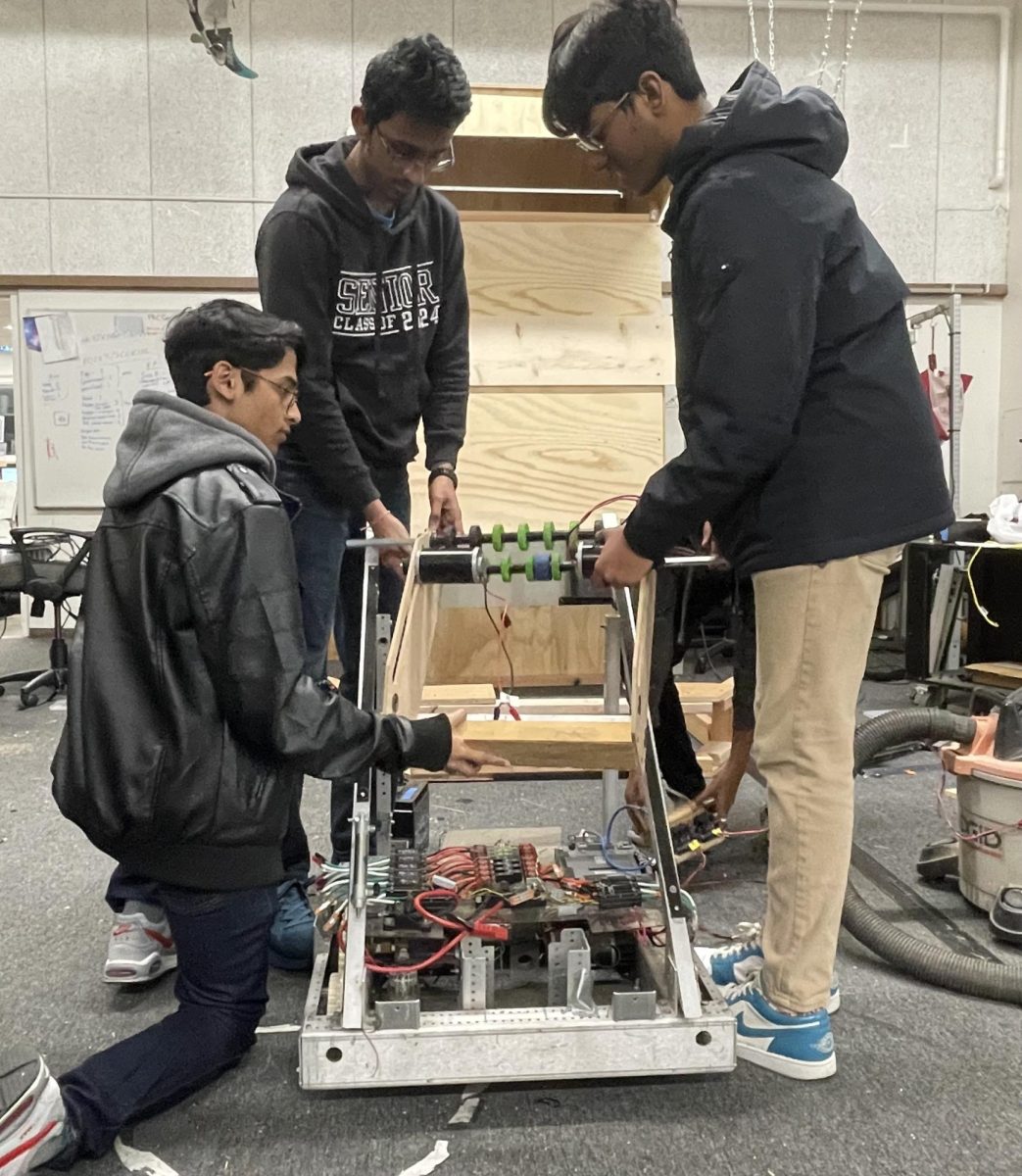The Importance of Vaccination
January 18, 2021
A child is sitting down inside a doctor’s office. The doctor holds a syringe filled with something — the child doesn’t quite know what. Scared of the needle, the child whimpers a little as the nurse gently dabs alcohol-coated gauze on the spot that is going to be punctured, calming down the child before injecting the syringe’s contents into the kid’s arm.
The child has been vaccinated, but despite the safety of the shot, some people have concerns about vaccines based on what they’ve heard. What is in the vaccine? What does it do? Is it safe? What about the COVID-19 vaccines?
The Centers for Disease Control and Prevention (CDC) explained that a vaccine uses very small amounts of antigens to help a child’s immune system learn to recognize and defend itself from serious diseases. There are other ingredients found in many vaccines, but all of these ingredients are used to increase the effectiveness of the vaccine.
Vaccines are incredibly helpful and important in the prevention of diseases before they happen. Vaccines.gov explained, “Some diseases that once injured or killed thousands of children, have been eliminated completely and others are close to extinction– primarily due to safe and effective vaccines.” By administering vaccines to children, deaths can easily be prevented.
However, there is the case of children who cannot be immunized because of preexisting conditions, severe allergies, or other reasons. But vaccines can still help. Even though the child themself cannot get vaccinated, if a high enough percentage of the population is immunized, the child’s risk of being exposed to the contagion is greatly reduced.
But are vaccines safe? Generally, yes. The CDC website explained, “Before a vaccine is ever given to people, FDA oversees extensive lab testing of the vaccine that can take several years to make sure it is safe and effective.” Mild side effects, like a low-grade fever and pain and redness at the site of injection, are to be expected. Severe, long-lasting side effects are extremely rare. Although much anti-vax rhetoric revolves around these extremely rare cases, the only way for a child that has these adverse reactions to vaccines to be safe is herd immunity. People who are unable to be vaccinated should be campaigning for vaccines rather than against them. No matter what, vaccines always help people.
Well, what about the COVID-19 vaccine? One of the common fears concerning vaccines is that it will cause contraction of the virus, but this is impossible with the COVID vaccine. According to the CDC, “None of the COVID-19 vaccines contain the live virus that causes COVID-19 so a COVID-19 vaccine cannot make you sick with COVID-19.” A version of the vaccine uses mRNA to “teach our cells how to make a protein that triggers an immune response.” Despite what people might think, this vaccine does not alter the DNA of an individual in any way.
Another concern with the COVID-19 vaccine is the chance of a severe allergic reaction, causing anaphylaxis. Although this is a risk, it is still highly unlikely and all vaccination providers should have the necessary equipment to deal with reactions. There is a trial vaccine that needs two shots for it to be fully effective — one initial shot to set up protection, and a second a few weeks later to get the full effects of the vaccine — and the CDC does recommend that if someone has an allergic reaction to the first shot, they should not get the second shot. But it is worth noting that these reactions are not in the majority of patients who get the vaccine at all, and that the vaccine is still safe more often than not.
Vaccines have driven some viruses to near extinction and still prevent us from contracting them again. Even if someone has an adverse reaction to vaccination, it is important for others to get vaccinated, because herd immunity protects those that can’t get immunized.
The COVID-19 vaccine, while having its risks, prevents the contraction and spread of the virus. If there is an allergic reaction, the medical professionals have the materials necessary to deal with severe and immediate allergic reactions ready at any vaccination site. In order to protect ourselves and others, vaccination is necessary.
Disclaimer: Articles in our opinion section are meant to relay the opinions of the individual writer, and not necessarily the opinions of West High School.












